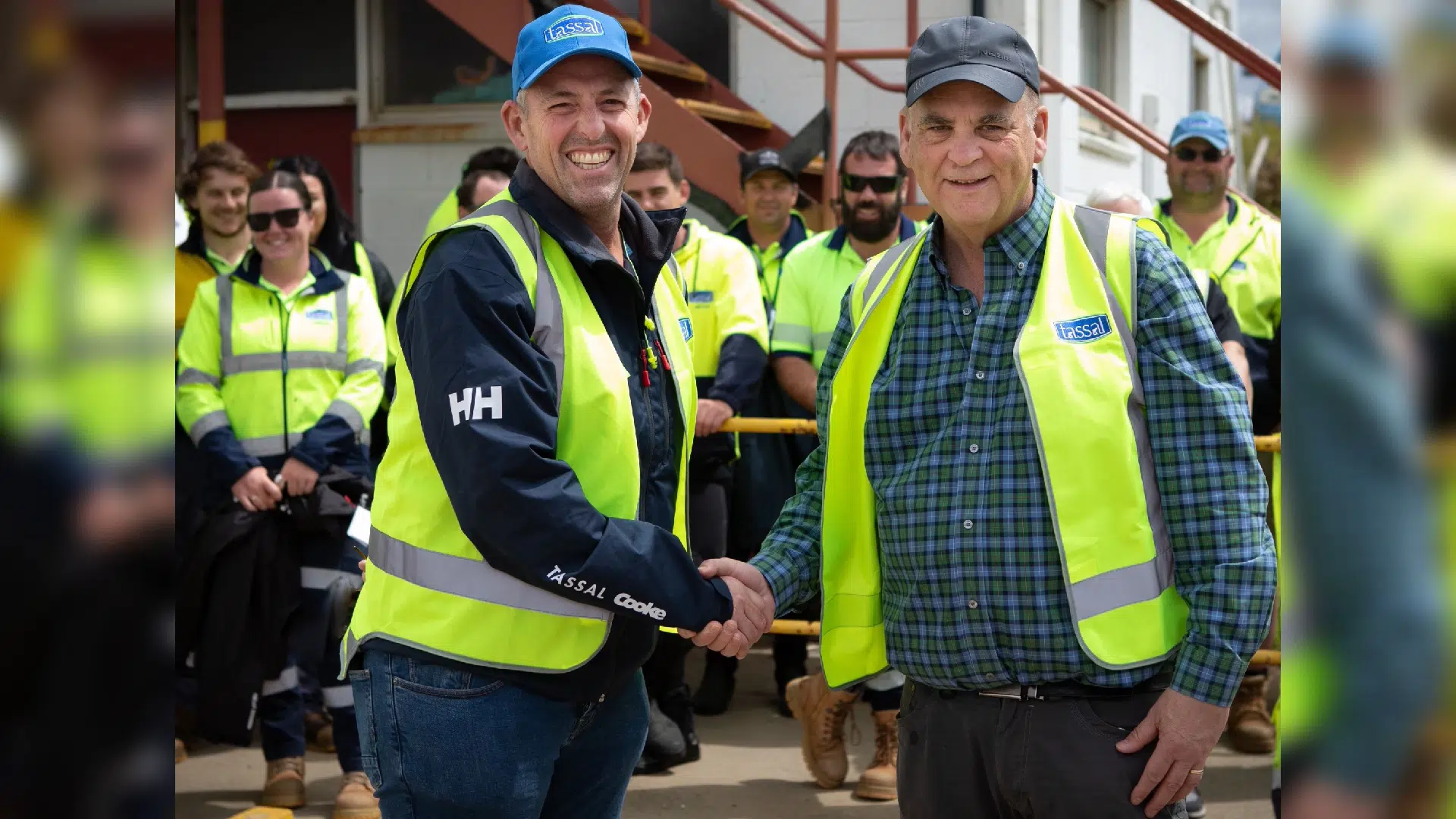New Brunswick-based Cooke Aquaculture has completed its acquisition of Australian seafood producer Tassal Group Limited.
The company announced Monday that the $1.5-billion deal was recently approved by shareholders and the Supreme Court of New South Wales.
“We’re looking forward to working with Tassal’s employees and customers to ensure that we continue to produce high quality, sustainable seafood for the Australian market and beyond,” Glenn Cooke, CEO of Cooke Inc., said in a news release.
“Over the last few months, myself and members of our global management team have had the opportunity to visit Tassal’s operations and have been so impressed by the team’s dedication to what they do and their communities.”
Tassal is Australia’s largest vertically integrated seafood producer. The company has more than 1,700 employees and harvested 40,000 metric tonnes of Atlantic salmon and 5,500 metric tonnes of Black Tiger Prawn last year.
Its salmon farms span five marine zones, four freshwater hatcheries, and four processing facilities in Tasmania. It also has prawn farming and seafood processing businesses in Australia.
Three previous bids rejected
Cooke has had its eye on the company for a while.
In late June, Tassal told the Australian Securities Exchange it had rejected three takeover bids from Cooke. At the time, Cooke’s latest offer was for $4.85 per share.
But in August, Tassal’s board of directors unanimously recommended shareholders accept Cooke’s latest, $5.23-per-share offer.
“Producing healthy and nutritious seafood comes with great responsibility. Whether we are farming prawns on land or salmon in the sea, our commitment is to be a responsible business respecting our people, the environment and communities we operate within as we deliver our vision of sustainably feeding tomorrow which aligns perfectly with Cooke’s core purpose,” said Mark Ryan, CEO of Tassal.
“We’re looking forward to becoming part of the Cooke family of companies and sharing the best of what our industry has to offer.”
RELATED: Australian Group Says Cooke Acquisition Uses ‘Sonic Torture’ Devices On Seals
While the deal is being applauded by the two companies, it has faced pushback from at least one advocacy group.
SumOfUs recently installed a billboard along Rothesay Avenue in Saint John calling for an end to the use of explosives in the Australian fishery.
Spokesperson Angus Wong told Huddle his group bought the ad to bring awareness to what it calls the “cruel” methods Tassal uses to drive wildlife from its farms.
Seals can be a menace to salmon farms. The predators kill fish and damage equipment, which all eat into company profits. In Tasmania, where Tassal has its salmon farms, operators drop acoustic deterrent devices (often called “seal crackers”) and fire projectiles at seals to keep them away.
These deterrents are effective but can also be quite harmful to marine life. This year, Scotland effectively banned ADDs, comparing them to “sonic torture” for some animals.
Wong said they want Cooke to stop the practice once it takes over the Australian company.
Methods only used as ‘last resort’: Cooke
Cooke representative Joel Richardson wrote in an email that his company was aware of SumOfUs and its campaign.
“We fully anticipated these fearmongering activists would ramp up their rhetoric and disinformation during the acquisition process of Tassal,” Richardson wrote.
“These groups ignore the fact that farm-raised Atlantic salmon is one of the healthiest and most efficient ways to feed the world’s growing population with a minimal environmental footprint. The aquaculture industry works closely with world-renowned scientists from academia, government, and the private sector to develop rigorous standards and implement best practices for fish health and environmental protection.”
Richardson argued that the company’s projectiles and crackers are “non-lethal and are only used as a last resort to scare away seals.” Between January 2021 and March 2022, Tassal used seal crackers at a rate equivalent to about five times a day.
He also pointed out that seal interactions with marine activities have “decreased significantly over the years” in Tasmania.
“This is the reality at Tassal, where the company has invested heavily in exclusion of the seals with fortified sanctuary pens to separate farm workers and the salmon from seals to minimize risk of possible interactions,” Richardson wrote.
With files from Huddle’s Trevor Nichols






Comments